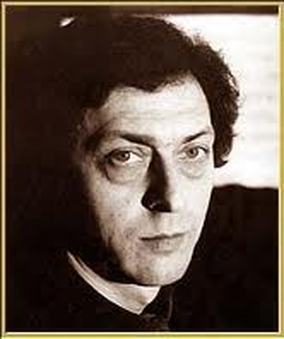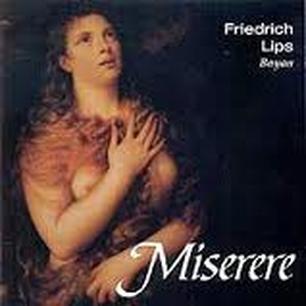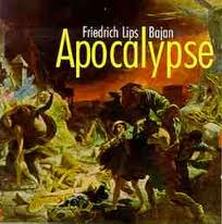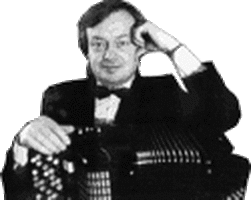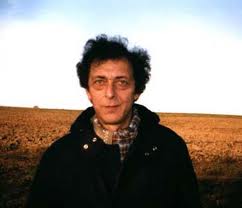Berinsky Sergey (1945 - 1998)
|
Sergey Berinsky was born in 1946 in Novye Kaushany, Moldavia. He graduated from the music school and college of Donetsk (Ukraine) as violinist. In 1970 he went to the Gnessin Music Pedagogic Institute in Moscow, where he studied composition, class Tchugaev. This teacher would have a deep influence on the development of Berinsky's personality as a person an musician.
After graduating at the Gnessin Institute, Berinsky stayed in Moscow. He organized a music club, which he intended to become a proving ground for music of all trends. He did run a seminar for young composers and edited a column devoted to interviews with his colleagues in the journal "Music Academy". While lots of is colleagues were leaving Russia for the west, in this hard years of post-perestroyka, Berinsky did not stop his work as a composer. Berinsky was convinced that creativity had a unique and individual nature. Sprirtually he was close to his elder contemporaries Schnittke and Gubaidulina, who had passed the period of avant-garde experiments. In his creative works Berinsky embodied features of the 1970 generation: taste of cynthesis of musical language, bent for self-reflection. |
Berinsky's diversity was of romantic nature. Himself, he was a kind of romantic and idealist, who felt that his time came "out of joint", and at the same time, yearned for harmony and love, for merging with nature and cosmos. He believed that the way of the music of the 20th century was that of destroying and re-creating beauty. He himself took this way: creating very different, sometimes emotionly polar works. His thoughts were always boldly expressed, with clear intonation. He developed his musical ideas with a raw nerve, without reservation: every feeling, from passion to sorrow and suffering, the whole universe should feel it. His tone colours do force the performer on stage to feel every emotion himself, for real.
|
Under influence of personal losses and thought about victims of mass-genocide, Benitsky wrote memorial genres and dedications. Later on he used either subjects from the Old Testament or musical genres of liturgical tradition in his works (e.g. Requiem to the memory of Janusz Korczak 1979).
Sometimes Berinsky's music is responsive to philosphical lyrics, high erotica of ancient oriental poetry and humor of Russian post-modernists. In his yearning for embracing the unbounded he sometimes touched upon forbidden zones of emotional naturalism, as in the vocal mono-play "Hysteriada" and the bayan pieces "In a bad style". Berinsky's composing projects often were inspired on his live contact with performers. It was because of his contact with F. Lips that Berinsky started writing for the bayan. Berinsky died in March 1998, in the prime force of his life and talent. Sources: www.classical.ru, www.accordion-cd.co.at. |
|
Works
|
